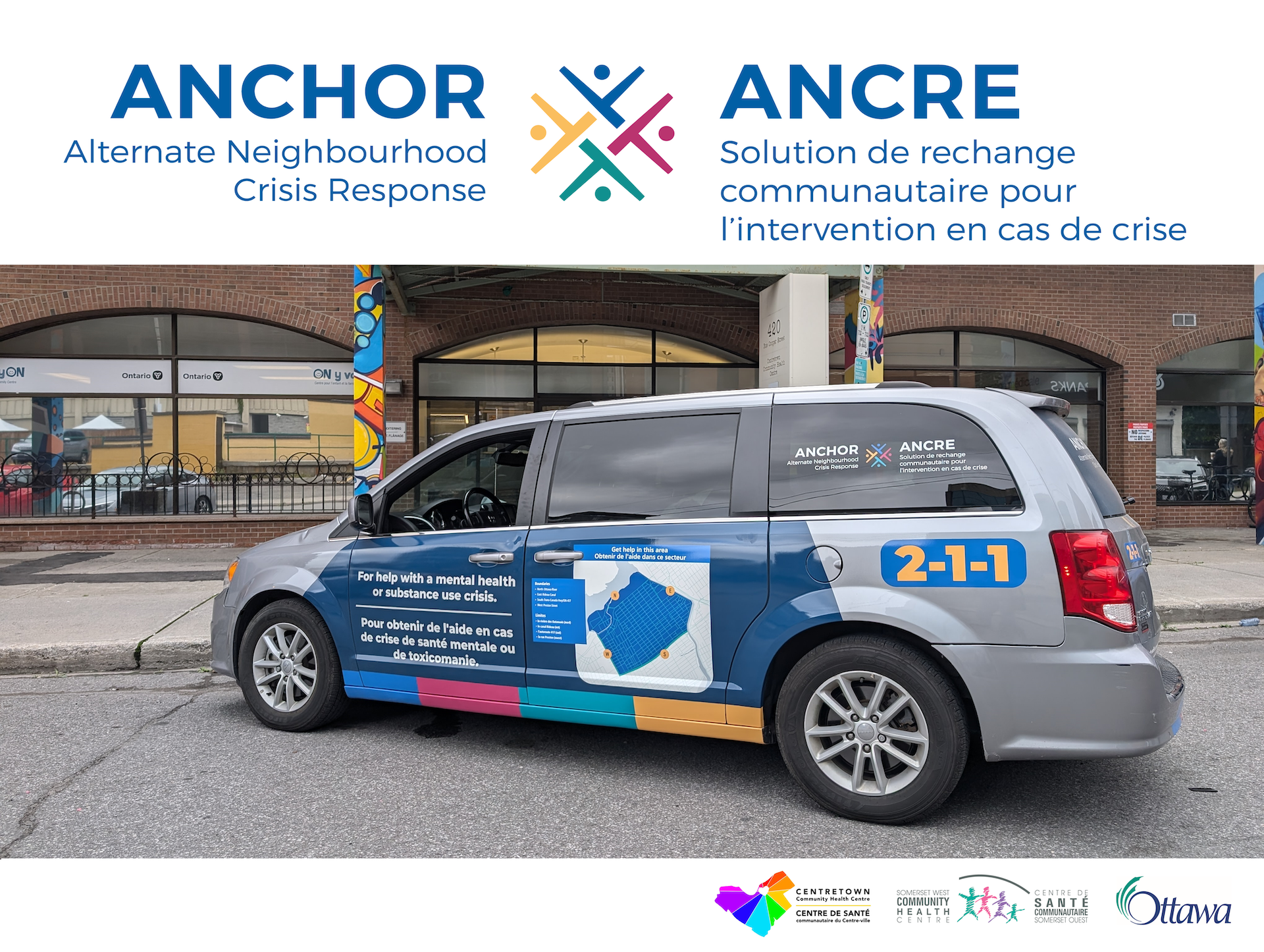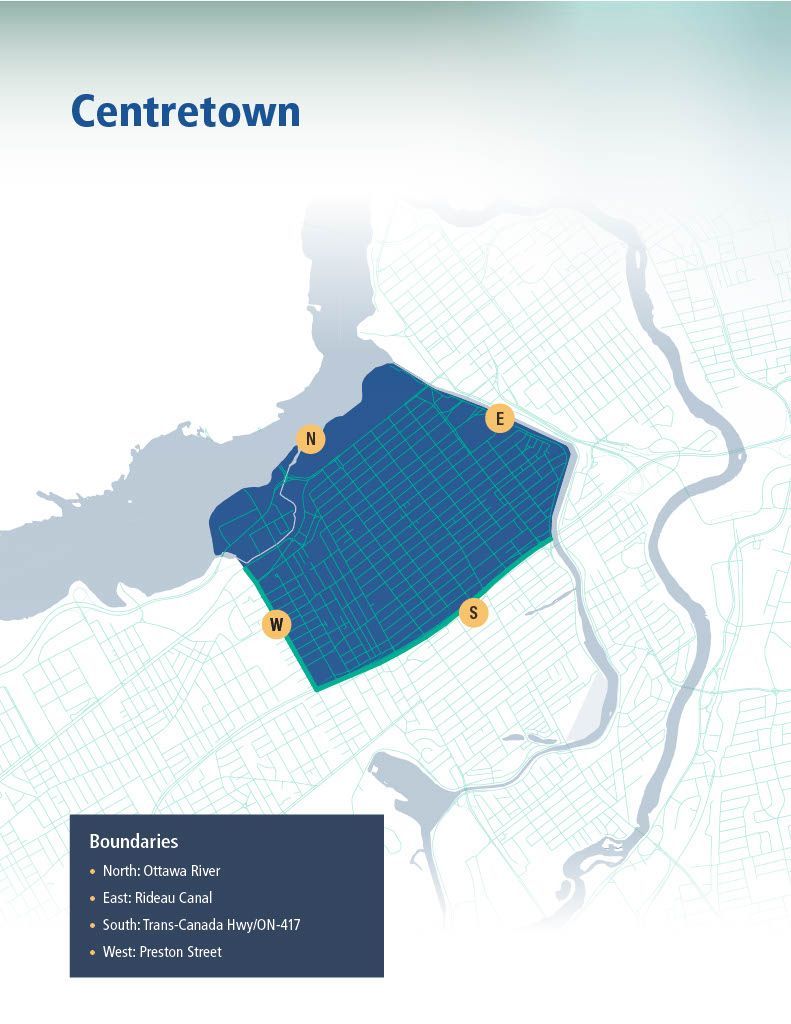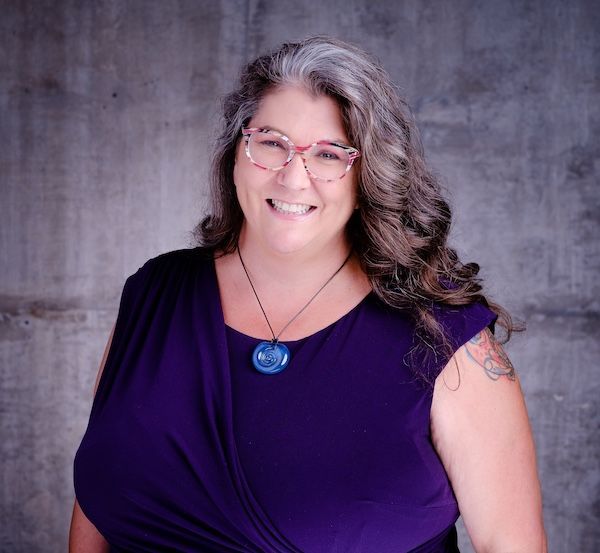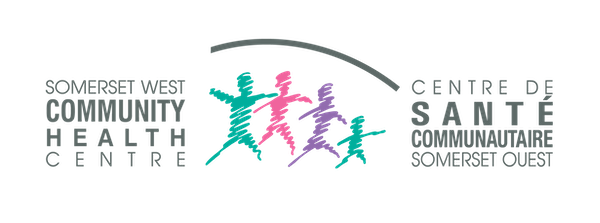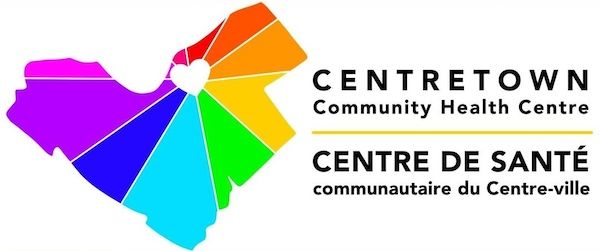The SWCHC is a non-profit, community-governed organization that supports people and communities by providing health and social services with the goal of improving their social determinants of health. The centre removes barriers to accessing services for people who are vulnerable because of their age, income, ability, sexual orientation or gender identity, and language or culture.
Their model of health combines the provision of low-barrier primary health care and mental health and addiction services with a wide range of ethno-specific programs and other health promotion and community development programs. The organization is committed to providing care that is informed by anti-racism, anti-oppression and trauma-based lens. The SWCHC works alongside community members to make their neighbourhood and city an even better place to live. To learn more about the organization, visit Somerset West Community Health Centre.
Somerset West Community Health Centre is a partner of the Archipel OHT.



